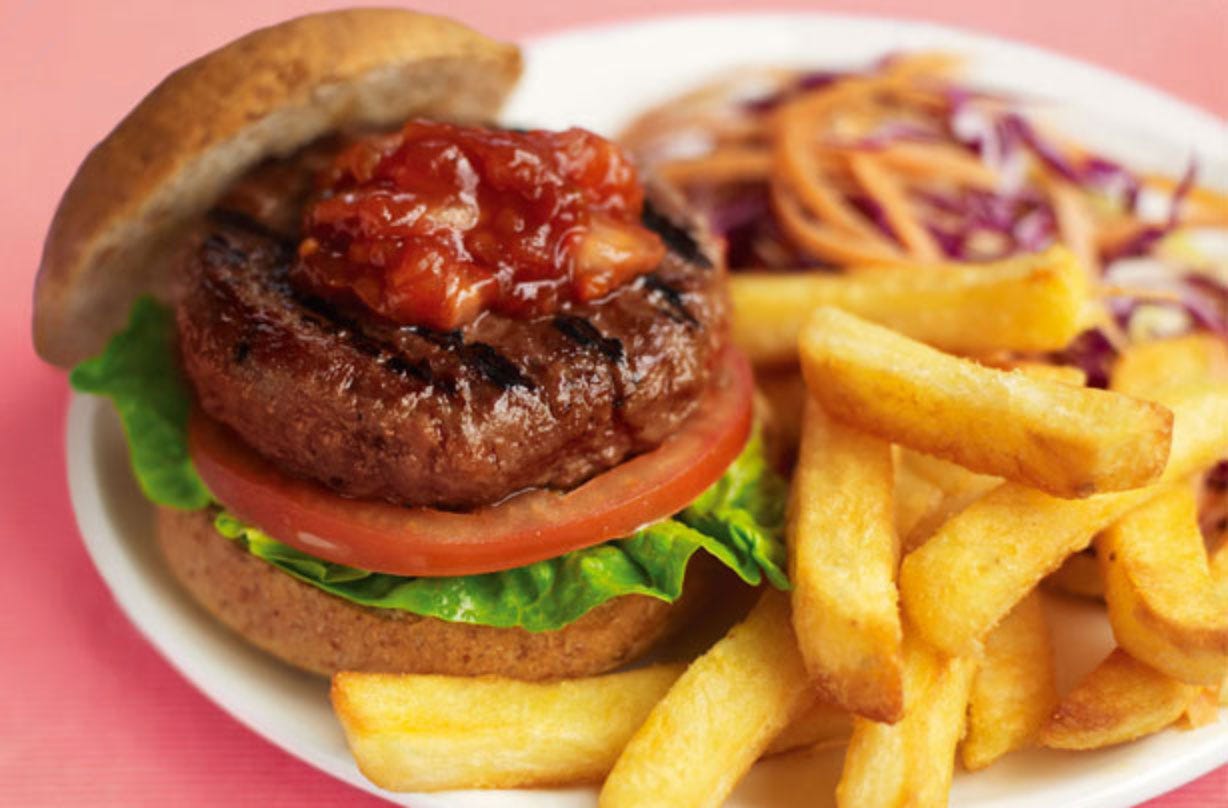GET on the SLEEP Wagon with Dr. Eric Topol
Are those damn miracle weight loss drugs messing with the Wellness Bitches’ sleep?
Sure seems right since they can’t shut up about this subject. Mel Robbins is all over it. They show no sympathy for all those who are plagued by insomnia and who can only find relief with drugs. But what do they care as long as they can make money distracting the public from the facts:
65% of us are OBESE—NO not 41%. And 30% of the kids!
One of the latter just told me in an email applying for a job with my Pilates company that he works out SIX days a week after having lost 80—yes 80!!—pounds a few years ago while in High School!! Most 15-year-old boys should weigh about 130 so let that sink in while you toss and turn.
So for me this is obvious. The Wellness gurus can’t talk about weight or diet or “fat-burning” exercise because no one wants to hear it. So the obvious workaround is to focus on the eight hours when we should be unable to stuff food in our mouths.
Remember, we still pretend that we sized up because we ate fries with our burger and not a kale salad! But what all the Ozempic users now tell us is the real story is BINGING. And nibbling all day and night because of the HUNGER pangs.
Yes, food binging is worse in people who have difficulty sleeping. So I researched the subject and here’s what I found:
Here's how poor sleep and nighttime binging are linked:
Sleep Deprivation Increases Cravings
Hormonal shifts: Lack of sleep boosts ghrelin (hunger hormone) and reduces leptin (satiety hormone), making you feel hungrier.
Craving for high-calorie foods: Sleep-deprived brains tend to seek out sugary, fatty, and salty foods—often the types people binge on at night.
Nighttime = Emotional Vulnerability
People who can't sleep often lie awake with anxiety, stress, or racing thoughts. Food becomes an emotional pacifier.
The quiet and isolation of night can amplify emotional distress, making food a go-to comfort.
Reduced Impulse Control
The prefrontal cortex, which regulates decision-making and self-control, is less effective when you're sleep-deprived. This means you’re more likely to give in to late-night eating urges.
Disrupted Circadian Rhythms
People with insomnia or delayed sleep phases often have disrupted eating patterns. They may skip meals during the day and overeat at night to "make up" for it.
Night Eating Syndrome (NES)
This is a condition where people consume most of their calories at night and often have sleep disturbances. It’s a clinical disorder linked to both insomnia and binge-eating behavior.
People who struggle to sleep are at higher risk for nighttime binging due to a mix of biological, psychological, and behavioral factors. Addressing sleep hygiene and emotional regulation can help break the cycle.
At least science will save us again. Hopefully, these GLP-1 drugs will be in the water supply right next to the fluoride.
Of course, disruption continues. I know the man who invented the HAMMER line of weight equipment. He tells me sales are surging because people are avoiding CARDIO!! Wasn’t that the best fat-torching exercise only a few years ago??
And now PROTEIN is going to mess us up when soon our kidneys scream stop because it is too much to process. As if Americans were short of protein when they love burgers, chicken nuggets, and pizza and drinking MILK!!
We are probably the only country with this mania.


